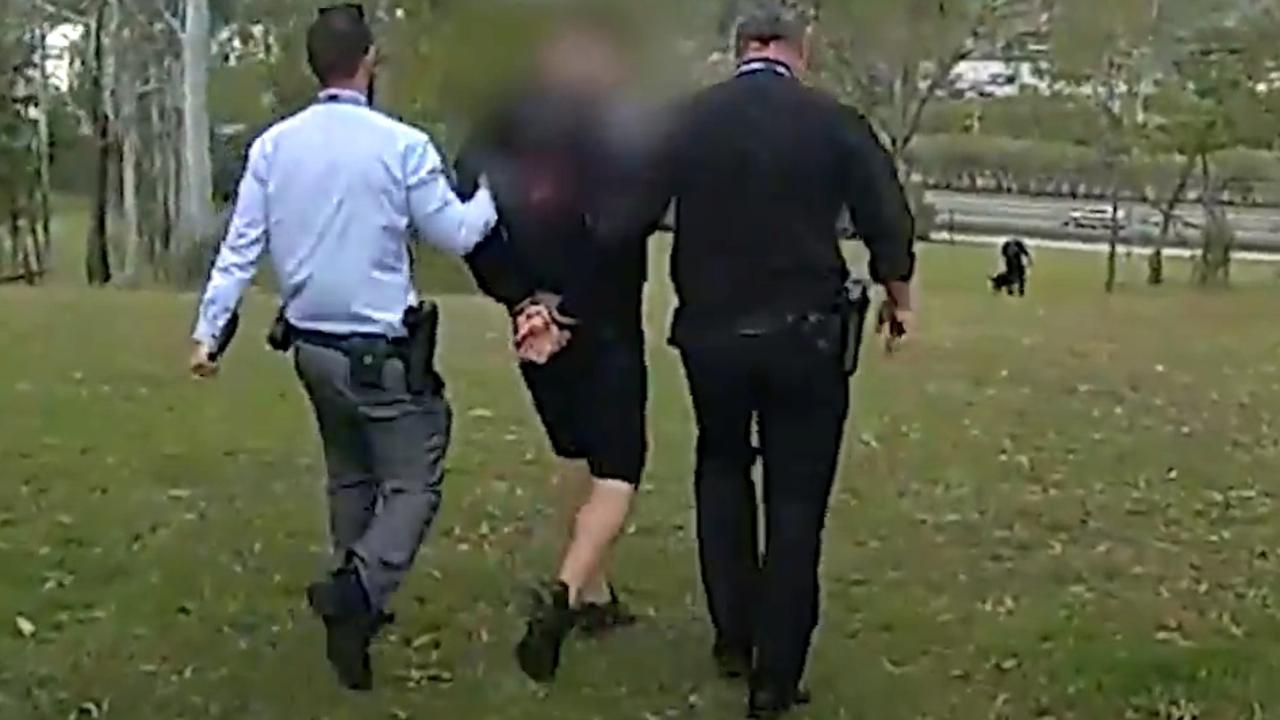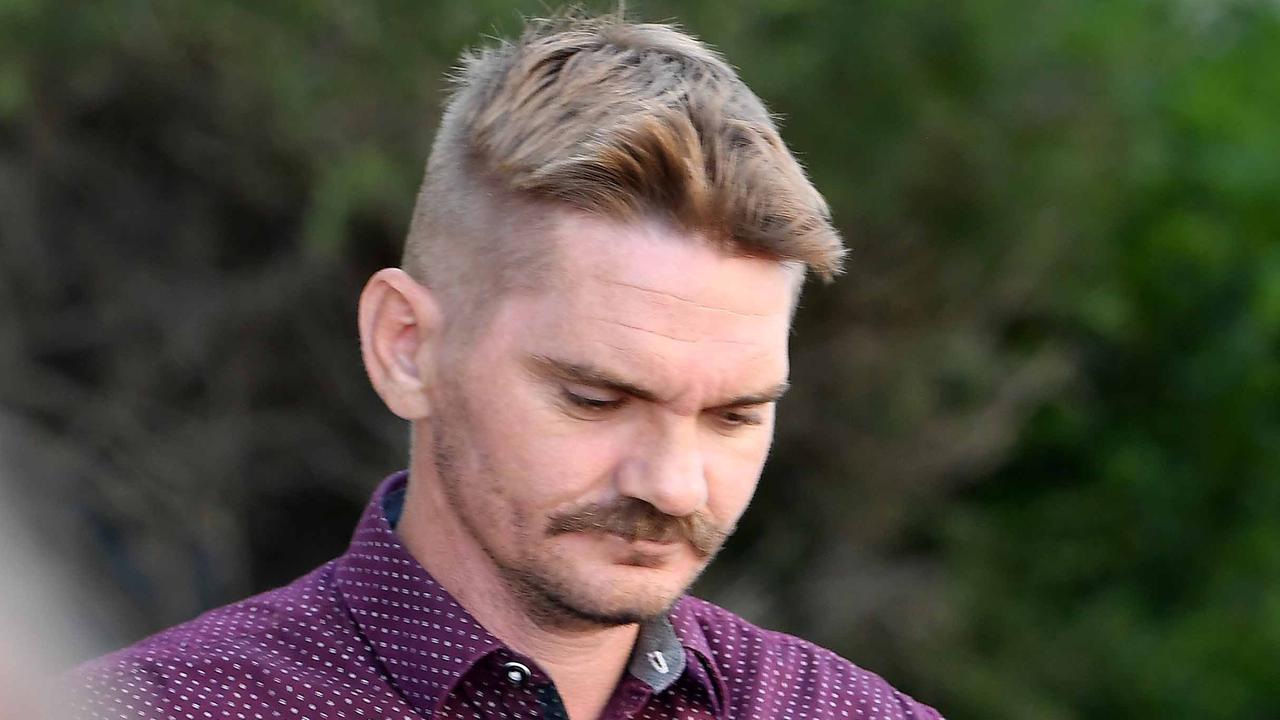Women’s Safety and Justice Taskforce submissions paint a ‘graphic’ picture of a broken system
One of the more than 100 victims of sexual assault to share their stories to a new taskforce has told how she “left almost more traumatised than (I) arrived” after finally gathering the courage to report her abuse to police, while another was turned away by police at age 15.

Police & Courts
Don't miss out on the headlines from Police & Courts. Followed categories will be added to My News.
More than 100 victims of sexual assault have told their stories to the Women’s Safety and Justice Taskforce, painting a “graphic” picture of a broken system where “very few” complaints lead to a conviction in court.
Taskforce chair Margaret McMurdo said the “intensely painful and personal” stories painted a picture of a system “largely designed for and by men” that women must navigate.
The Taskforce put out a call for public submissions in February, receiving a total of 304 from victims, accused persons or offenders, support organisations, academics and government agencies.
Those submissions will be used to create a report with recommendations on how to better the system, to be completed by the end of June.
“We have heard that at every turn, there are roadblocks to successful outcomes for sexual violence victims,” Ms McMurdo said.
“Most don’t report what has happened and for the brave few who do, they often feel they are not taken seriously or treated as if they are the suspect and blamed and disbelieved.
“For far too many, the criminal justice process is slow, confusing the retraumatising – many victims find it too much and give up.”
In one submission, a victim of sexual assault detailed the heartaching reality of having to live as a survivor of abuse.
The woman, aged between 26 and 35, said she had lived through the sexual assault, but had been too fearful to report it.
“To live in the body of a survivor is to never be able to leave the scene of the crime – and I cannot forget that I live here,” the woman wrote.
“I have spent my life since (the assault) not only dealing with the trauma, but afraid to report because I was scared of how that would come back on me.”
The woman said she had finally worked up the courage to report her assault, that occurred over 10 years ago, to police, however stated she “left almost more traumatised than (she) arrived”.
“I wish to live in a world where women could report sexual assaults without fear – fear of judgment, fear of people thinking they ‘made it up’ fear of people siding with the perpetrator, fear of all the accusations of ‘exaggeration, false reporting etc’ and most of all, the trauma that goes with goes to trial and the horrific having to go through reliving it all as you are required to tell your story over to the courts to be judged and ridiculed.”
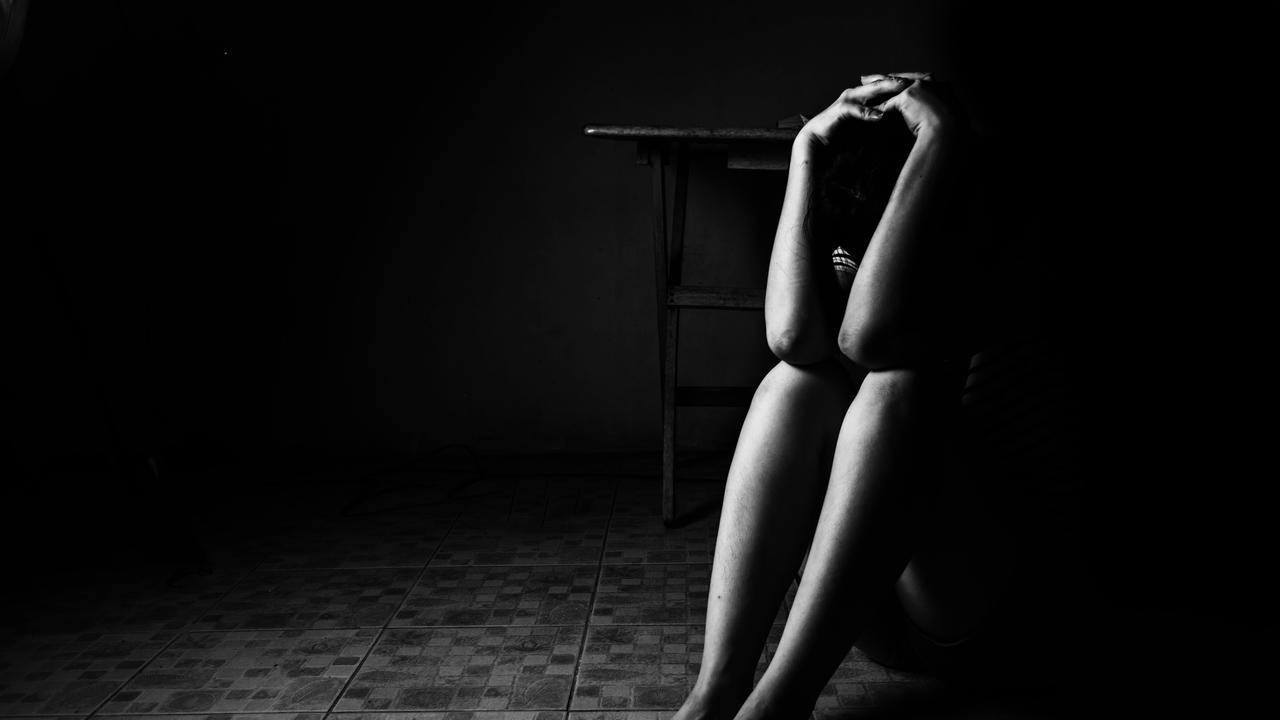
A female prisoner recounted her experiences in the criminal justice system, revealing there was little to no chance of victims being taken seriously.
“I myself have been sexually assaulted more than once in my 20 months and neither of those events led to consequences for my attacker,” she wrote.
“Instead, in both situations, the officers said they did not believe me because I had previously been seen hanging out socially and having fun with my attackers, therefore they told me they believed that I simply regretted breaking the rules and I was told if it happened again, I would be breached and lose privileges.”
The woman said police are quick to dismiss allegations of sexual assault or rape when the victim is an accused or convicted criminal.
“Women involved in illegal drugs are often considered sluts willing to f … anything for drug money, so when they claim they have been assaulted or raped, their claims are dismissed,” she wrote.
The woman said there is little support for women – both as victims and perpetrators.
“When first charged, I was released from the police station at midnight by myself with a flat phone and no-one to pick me up. I was forced to walk home the distance of (more than) 6km, fearful that I might be attacked on my way,” she wrote.
She said in prison, some officers are encouraging and fair, while others “deliberately insult and taunt women who are either new or suffering from poor mental health”.
“In my case, when going through an exceptionally traumatic event, I sought help from officers after I realised I was suicidal,” the woman wrote.
“The officers noted my behaviour had curbed and instead of referring me for support, they berated me and told me to suck it up and get over myself.
“My only life saver was a fellow inmate who risked being sent to the detention unit to help me.
“It took over six months for any staff in the prison to acknowledge the severity of what I had gone through and I still have not been offered any professional referrals or support now, 14 months later.”
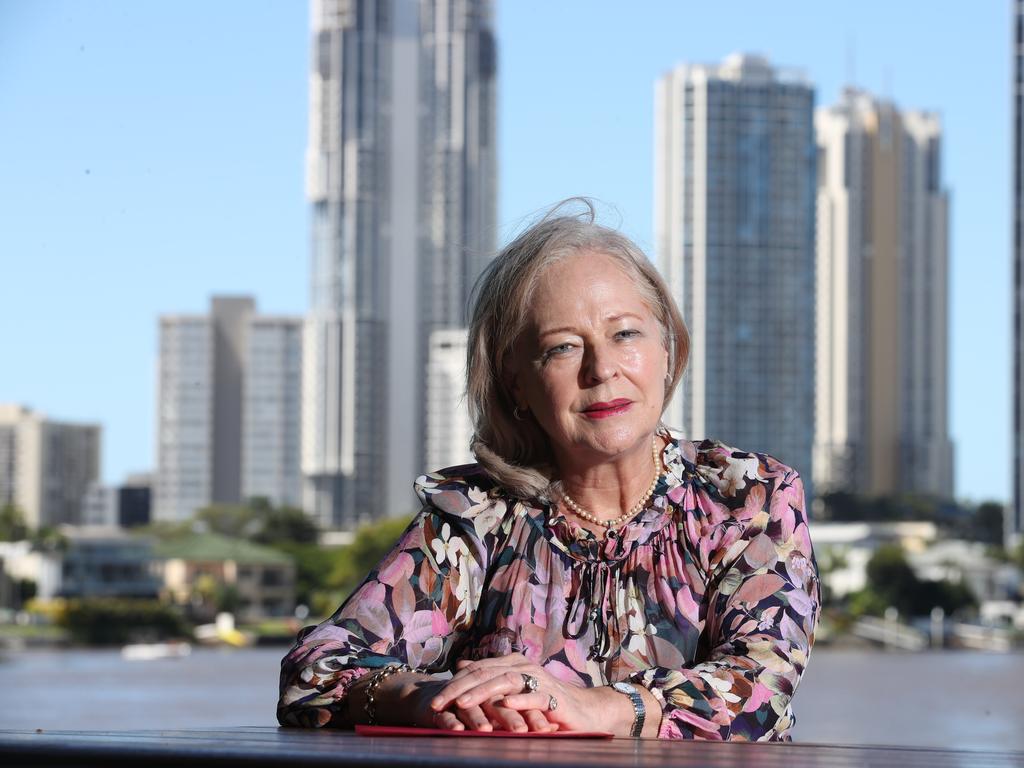
In another submission, one woman detailed the moment that as a 15-year-old, she was turned away from a police station where she had attended to report her sexual assault.
She said police told her “it often wasn’t worth it”.
The woman urged the Taskforce to review the first point of contact for victims to ensure the initial encounter for the victim was with someone trained in how to address sexual assault.
“I was 15-years-old when I was turned away and denied to give a statement to (a Queensland) police station,” the woman wrote in her submission to the Taskforce.
“I was shown through a fellow victim’s interview window and explained how hard the process was and that it often wasn’t worth it.
“I never had my day in court to represent myself. I wish I had the correct support at the station and encouragement to move forward.”
The Taskforce previously examined domestic and family violence, releasing the Hear Her Voice report that detailed 89 recommendations on how to improve the system for victims.
Those recommendations included the criminalisation of coercive control and the establishment of a Commission of Inquiry into police responses to domestic violence, which began on Monday.
The Taskforce published a discussion paper in February on women and girls navigating the criminal justice system, receiving 181 submissions specifically in response to that.
Of those, 59 were from support, legal, advocacy, academic or government organisations.
Another 122 submissions were written by women and girls who are victim/survivors of sexual violence, as well as women and girls accused of a crime or who have spent time in prison.
A further 125 “general submissions” were written by victim/survivors of sexual violence.
The Taskforce also travelled around Queensland, speaking to stakeholders and hearing the accounts of victims first-hand.
It also visiting women in prison and girls in youth detention in an effort to discover why they committed crimes and what could stop them reoffending.
“We are hearing that almost all women and girls in custody are victims of physical, sexual and domestic and family violence,” Ms McMurdo said.
“Addressing this issue may help stop women and girls offending in the first place and prevent reoffending.”
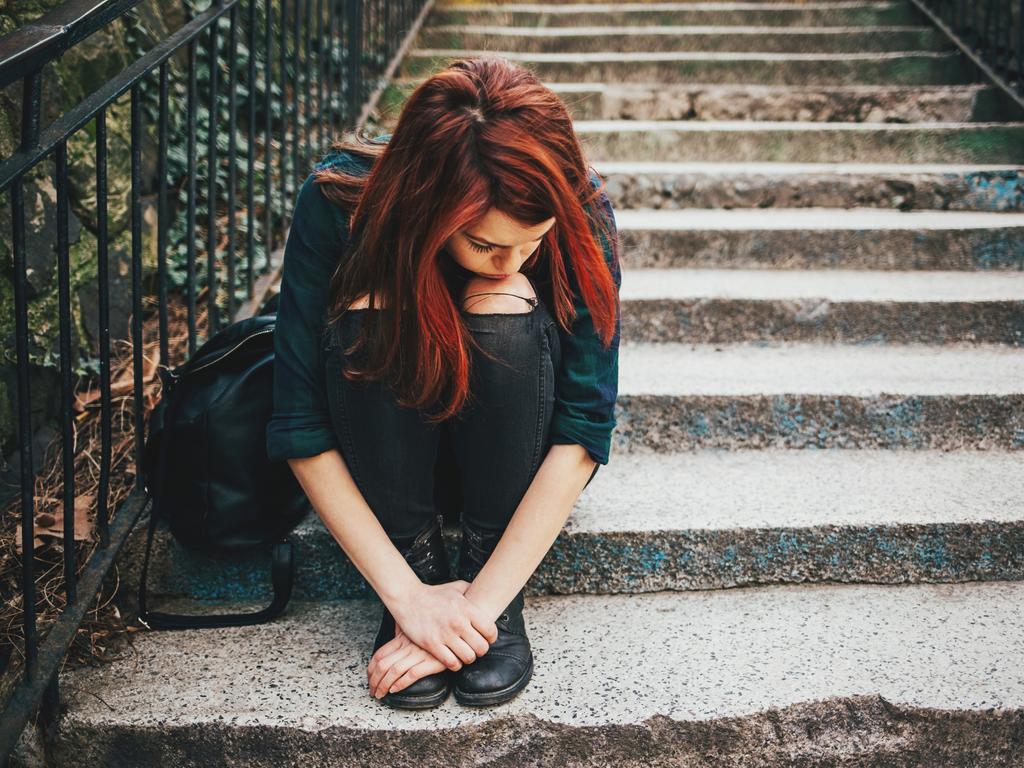
Ms McMurdo thanked the women and girls who told their stories, many of them about “intensely personal and painful matters”.
“We have submissions from women of all ages, social-economic backgrounds and locations across Queensland,” she said.
“They demonstrate the extent and prevalence of these different but equally concerning issue confronting women in our criminal justice system, a system largely designed by and for men.”
In a 52-page submission to the Taskforce, Queensland Police Service discussed the prevalence of dating apps and the added risk they can pose for women.
The service said an intelligence assessment of apps “highlighted changing views as likely contributing to sexual assaults between online dating participants, as expectations of sex-on-demand increased and became reinforced”.
“Research shows consumer behaviour in relation to online dating is different to in-person interactions with conversation on these apps turning sexual quickly, sometimes immediately and unwelcomed,” the submission said.
“The sexualisation of this communication likely reinforces expectations of sexual activity upon face to-face meetings, even if one of the users clearly articulates they do not want sexual activity.”
The submission said the anonymity of dating apps, where users don’t need to verify their identity, can provide protection for offenders.
After identifying these risks, Queensland Police Service joined with Tinder in November 2021 to launch a campaign providing safety advice for users.
In reference to another issue affecting victims of sexual violence, QPS established the “Just in Case” process – allowing for the collection of forensic evidence without the victim having to make a complaint.
It means that should a victim change her mind at a later date, police would have access to evidence collected at the time of the sexual assault.
“In some areas of the state, however, it appears that once a victim attends a hospital for a Just in Case examination, some medical professionals are contacting police to attend and speak to the victim, causing angst for the victim and defeating the principle behind the Just in Case process,” the submission said.
A submission from the Scarlet Alliance, which represents sex workers, called for an end of police entrapment and a change in legislation.
The Alliance said that society viewed sex workers as criminals and not victims and that sex workers saw police as prosecutors instead of protectors.
“The current legislative framework ensures that the Queensland criminal justice system criminalises sex workers more than it affords our safety and freedom from violence,” the submission said.
“Sex workers are some of the most criminalised, villainised, and stigmatised women in Queensland.
“The laws, policies and social attitudes relating to sex work create circumstances in which sex workers are viewed as a threat to the morality and safety of the community, requiring careful state control.
“This environment emboldens individuals, organisations, and institutions to discriminate and enact violence against sex workers with the knowledge that this behaviour is socially and culturally accepted and legally sanctioned.”


